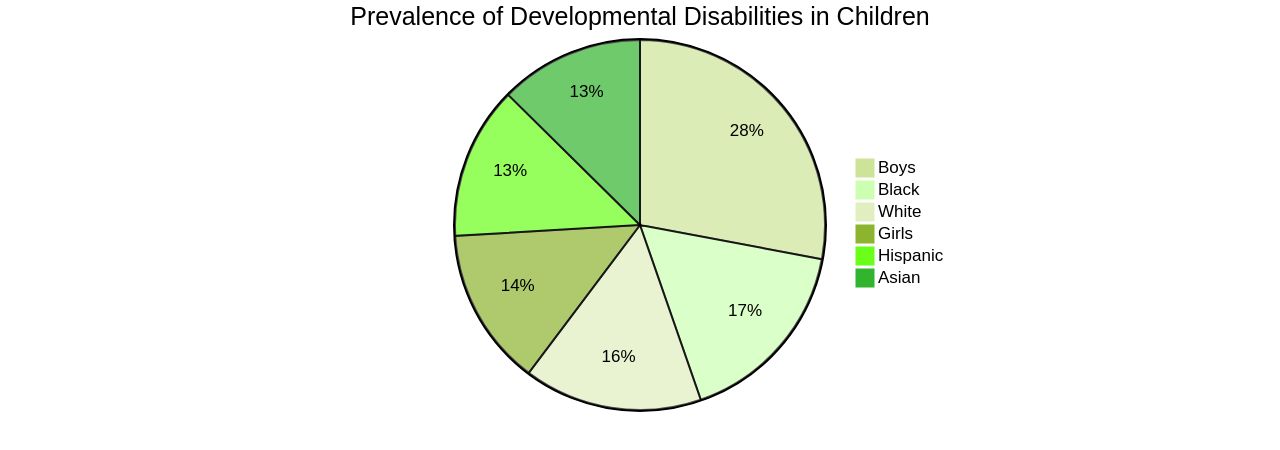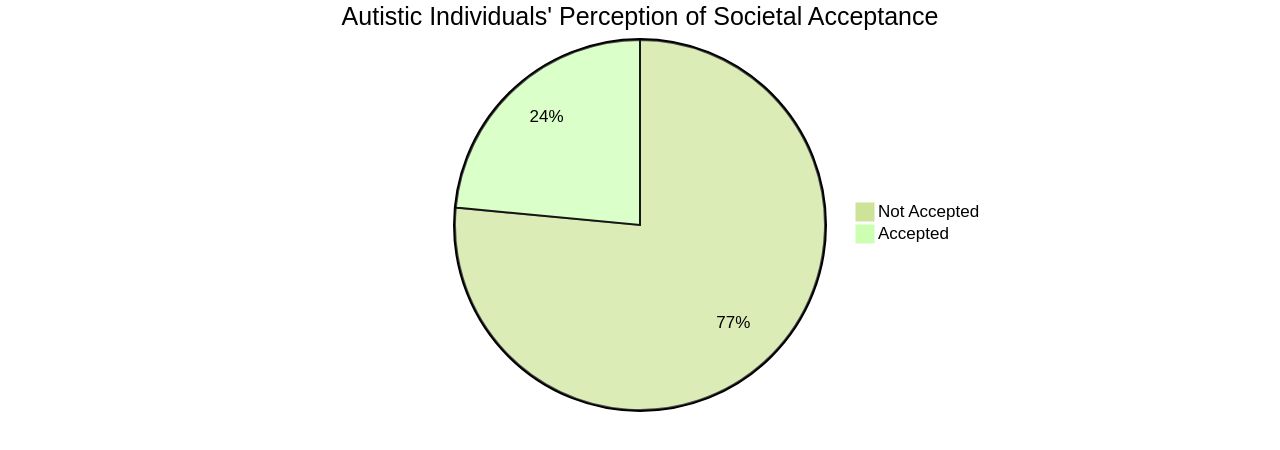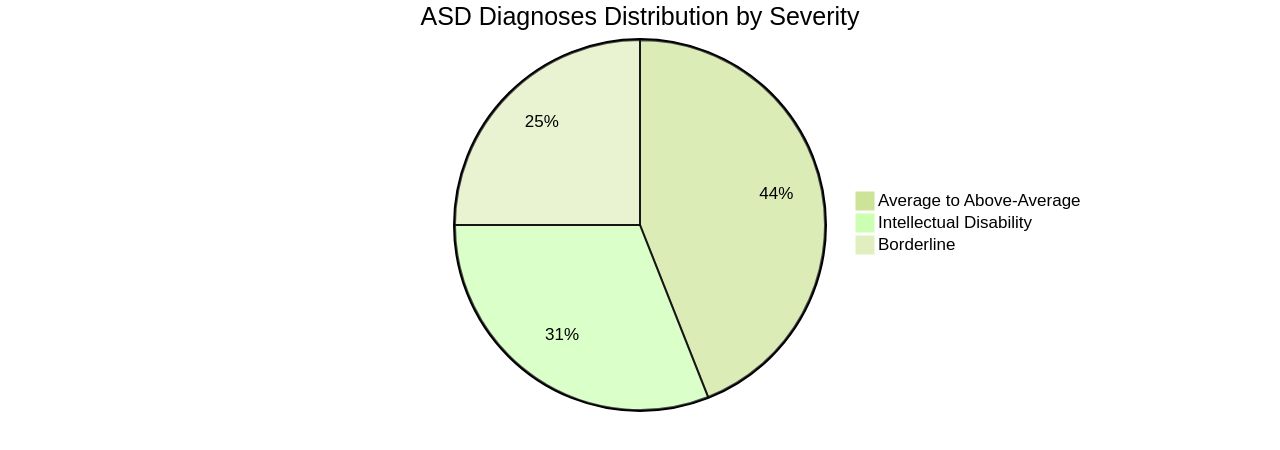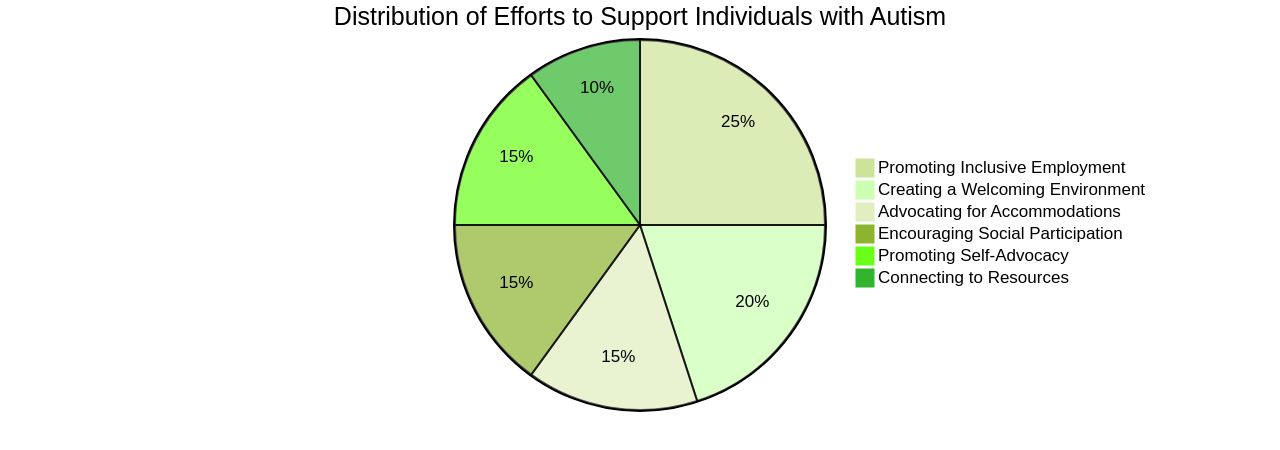Introduction
April is a transformative month of advocacy and solidarity as we celebrate Autism Acceptance Month. This observance goes beyond recognition and aims to embrace the vibrancy and diversity that individuals on the autism spectrum bring to our communities.
With a focus on dismantling barriers in education, healthcare, and employment, Autism Acceptance Month is a call to action for systemic change and the creation of inclusive environments. Join us as we challenge stereotypes, advocate for accurate portrayals in media, and strive towards a culture of acceptance that celebrates the strengths and talents of those on the autism spectrum.
What is Autism Acceptance Month?
April marks a transformative period of advocacy and solidarity with the celebration of Autism Acceptance Month. This observance is not just about recognizing autism but about embracing the vibrancy and diversity that individuals on the autism spectrum bring to our communities.
With an understanding that boys are more than three times as likely to be diagnosed with autism spectrum disorder (ASD) than girls, it's imperative to push for systemic change that addresses disparities in accessibility and accommodations across societal structures. Autism Acceptance Month is a call to action to dismantle barriers in education, healthcare, and employment, which often disproportionately affect those on the spectrum.
Recent statistics underscore the urgency, revealing that the prevalence of any diagnosed developmental disability in children has risen from 7.40% to 8.56% from 2019 to 2021, signaling a growing need for supportive measures. The month is dedicated to challenging stereotypes and advocating for the accurate portrayal of autistic individuals in media and society.
By promoting inclusive design and sensory-friendly environments, we strive to create a world where every individual feels valued and supported. The Office of National Autism Coordination (ONAC) within the National Institute of Mental Health (NIMH) and President Joseph R. Biden Jr. have voiced their commitment to uplifting the autism community, recognizing the importance of accepting and empowering neurodiverse individuals. As we stand in solidarity with autistic people, we amplify their voices and experiences, especially in shaping policies and initiatives that impact them directly. Together, we move beyond mere awareness to foster a culture of acceptance that celebrates the strengths and talents of those on the autism spectrum.

The Importance of Autism Acceptance
Autism acceptance is essential as it values the richness of diversity and the unique identities within the autism spectrum. It shifts the focus from expecting autistic individuals to conform to neurotypical standards to adapting society to meet their specific needs. This paradigm facilitates the creation of inclusive environments that nurture the potential of those with autism and allow them to flourish.
Acceptance dismantles barriers, dispels stereotypes, and cultivates a society rooted in compassion and understanding. A study in the Journal of Pediatrics, Perinatology and Child Health highlights the critical impact of early intervention, which is often delayed due to a lack of resources and trained professionals, especially in regions like Africa. Addressing misconceptions and combating stigma are vital steps in ensuring that autistic individuals have access to the support they need from an early age.
The U.S. has recognized the diverse experiences of its 5.4 million adults and 1 in 36 children diagnosed with autism. Despite their wide-ranging talents, autistic individuals often encounter obstacles in areas like employment, healthcare, and education. These disparities can be overcome by providing the necessary resources and tools to aid communication and independence.
Recent statistics from a survey of 306 autistic individuals from eight countries reveal that only 23.5% feel accepted by society. The study underscores the urgent need to foster acceptance and address the heightened risks of mental health issues and premature mortality among autistic individuals. With a neurodiversity-affirming perspective, we can appreciate autistic individuals' unique strengths and work towards modifying environments to better accommodate them.
This approach is supported by quotes from advocates emphasizing the importance of including people with autism in social activities and recognizing their desire for friendships. As we move towards a more accepting society, it is crucial to understand and reduce the barriers to care for autistic individuals, acknowledging their challenges in social communication and sensory processing. Businesses and communities can contribute to this shift by becoming more autism welcoming, as demonstrated by initiatives like the Autism Welcoming Initiative of MetroWest.

Strategies for Understanding Autism
Understanding autism spectrum disorder (ASD) is crucial for creating inclusive communities and providing essential support. With an estimated 5.4 million adults in the U.S. living with ASD, it's vital to acknowledge their existence beyond childhood and the need for quality medical care.
Harvard Medical School's Adult Autism Health Resources initiative, backed by the Nancy Lurie Marks Family Foundation, is a beacon of hope. It educates clinicians and caregivers, empowering them to drive meaningful change in healthcare for autistic adults, emphasizing the urgency of this mission as these individuals often outlive the services provided during their school years.
In the face of rising autism diagnoses, with 1 in 36 children now identified with ASD, it's more important than ever to foster understanding and acceptance. Engaging with autistic individuals and their families in respectful dialogue, learning about sensory sensitivities, and embracing neurodiversity are key steps. By celebrating the unique talents of those on the spectrum and challenging norms that enforce conformity, we can support autistic individuals to thrive. As we look to the future, the words of experts like Dr. Tim Buie, who highlights the clinician-caregiver partnership, and Ron Sandison, who advocates for social inclusion, remind us of the collective effort required to transform the lives of those with autism.

Supporting Individuals with Autism
To effectively support individuals with autism, it's essential to cultivate an environment that nurtures their growth and recognizes their potential contributions to society. Creating a welcoming atmosphere at home and in community spaces can foster understanding and respect, which are foundational for inclusion. When it comes to professional settings, advocating for accommodations is crucial.
This might mean adjusting the workspace or adopting new communication strategies to ensure that individuals with autism can perform to the best of their abilities. Moreover, with only 21% of people with disabilities employed, opening doors to inclusive employment can lead to economic benefits for businesses, as firms that hire people with disabilities tend to see higher revenues and profit margins. Encouraging social participation is another key aspect, as it not only aids in the development of social skills but also allows for the formation of meaningful relationships.
Connecting individuals with autism to resources such as therapy, support groups, and educational programs empowers them and their families. For instance, The Arc of the United States, in collaboration with the United Health Foundation, is investing in improving mental health services and enhancing coordination between health systems for those with developmental disabilities. Finally, promoting self-advocacy is essential.
By teaching self-advocacy skills, we enable individuals with autism to take an active role in decisions impacting their lives. With a strengths-based approach, focusing on abilities such as remarkable memory, attention to detail, and honesty, individuals with autism can thrive. As we continue to strive for a society that values neurodiversity, it's clear that with minimal additional training and a willingness to learn, practitioners can significantly improve the lives of autistic individuals.

Conclusion
In conclusion, Autism Acceptance Month is a powerful call to action for systemic change and the creation of inclusive environments. It goes beyond mere recognition of autism and aims to embrace the vibrancy and diversity that individuals on the spectrum bring to our communities.
By dismantling barriers in education, healthcare, and employment, we can ensure equal access and opportunities for all. The importance of autism acceptance lies in valuing the richness of diversity and shifting the focus from expecting autistic individuals to conform to neurotypical standards to adapting society to meet their specific needs.
This paradigm shift creates inclusive environments that nurture their potential and allow them to flourish. By challenging stereotypes, combating stigma, and fostering compassion and understanding, we can build a society rooted in acceptance.
Understanding autism is crucial for creating inclusive communities and providing essential support. By engaging in respectful dialogue, learning about sensory sensitivities, and embracing neurodiversity, we can foster understanding and acceptance. It is also important to support individuals with autism by creating welcoming environments at home and in community spaces, advocating for accommodations in professional settings, promoting social participation, connecting them to resources, and promoting self-advocacy. Ultimately, by celebrating the unique strengths and talents of those on the autism spectrum and working towards modifying environments to better accommodate them, we can create a culture that celebrates diversity and empowers autistic individuals. Let us continue to strive for a society that values neurodiversity and supports the well-being of all individuals on the autism spectrum.




